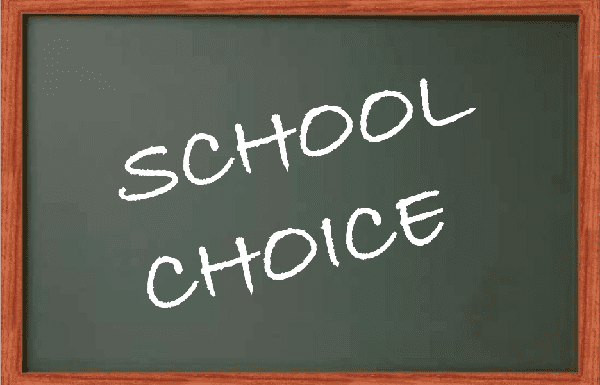
Ever since Friedman’s work on the educational economics of school choice the debate has gone round in circles about the merits of a comprehensive public system compared to what is known as a voucher system. It is likely that in some country, somewhere in the world, right now a government is attempting to implement “more competition in the schooling sector” through a voucher system. Is this a good thing?
My fundamental argument in this post is that schooling policy can either work to create a low-friction market or to reduce inequality but not both. I’ll return to this post over time to make improvements as I get a handle on the arguments. My conclusion thus far is that I am strongly opposed to voucher systems based on their tendency to increase inequality.
Some arguments in brief. Schools change slowly. There is a great deal of friction in an educational marketplace (i.e. it is hard to change schools). Critically, human geography (and the social inequality that determines it) makes the idea of choosing schools challenging. There is a strong motivation in a deregulated, competitive market for schools to spend increased amounts of money on advertising (when compared to teaching), to the detriment of all. There are many benefits of schools working in collaboration rather than competition that are lost. I’m sure there are many more, strong arguments. For now, this is a summary from Dolton in The Economic Journal:
Opponents of the school choice movement suggest that it will lead to the destruction of public schools and the increased segregation of schools by race, class and ability and induce greater in- equality. Opponents to the market model suggest that empirical evidence relating to the successes of existing choice-based systems are questionable and that the theories and assumptions that provide intellectual support for choice are abstract and have never been systematically tested.
‘The new market “model” is often not spelt out in detail nor are the assumptions concerning individual and institutional behavior that would be required to provide the anticipated efficiency gains.’ One prominent critique of the public choice also suggests that it ‘will erode the public forums in which decisions with societal consequences can democratically be resolved.’
The central questions in the school choice debate remain: what exactly is meant by school choice; who chooses to select private schools and how do they choose; what do families really know about schools; what are the reasons and rationale for choices; in reality how much choice is there for most families; what happens to the children left behind in the public schools in districts which introduce voucher schemes; how much diversity is there after a voucher scheme is introduced; are parents more satisfied by the market alternative; are parents making rational choices and are market forces leading to improvements in standards?
As pointed out at NPR, empirical evidence which answers these questions can be very negative suggesting that: schools are basically very similar, families consider very few schools in reality, selection by mortgage/house prices operates powerfully, formal sources of information like league tables are of little consequence and choices are often made long in advance by default. Alternative evidence suggests that the consequences of introducing school choice can lead to positive educational improvements in all schools.
The Dolton article provides an excellent review of the key questions around the issue of implementing voucher schemes. A critical one being the idea that voucher systems presuppose all schools being private. When there is a parallel private and public system then it becomes an issue of “exit and voice.”
This problem is that there will not be an effective mechanism for change if the most influential parents choose to ‘exit’ from the state schools to the private schools rather than ‘voice’ their views in an attempt to change the state schools.
The argument that Dolton is making here is that for a competitive market to actually work, there needs to be an accountability – where the needs of consumers (parents) are taken into account by the market (schools). This does not happen in practice.